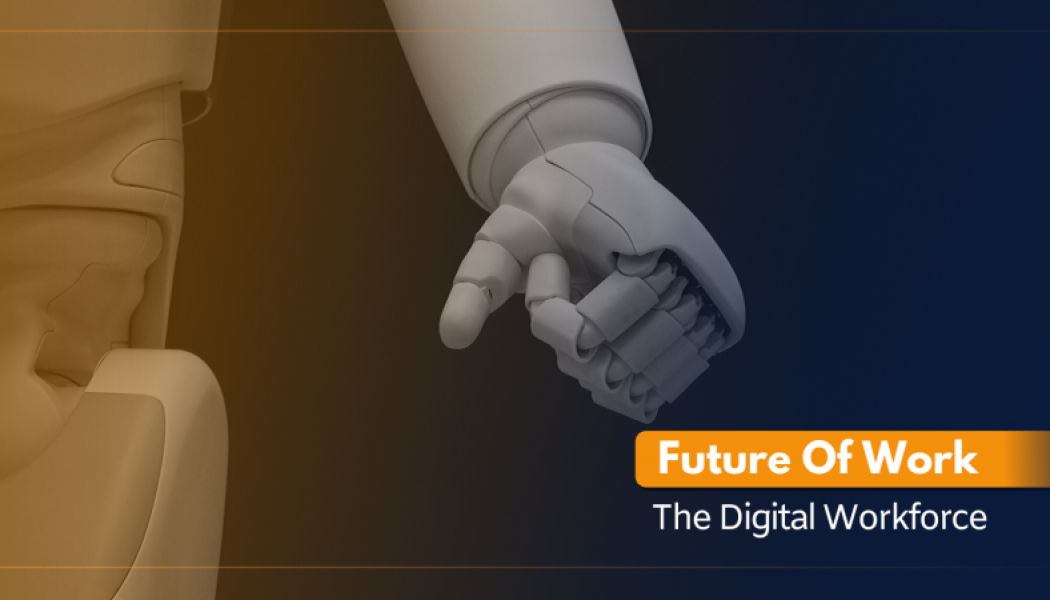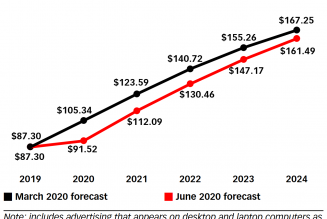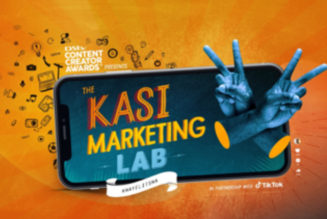The future of work has always been a popular topic for discussion, especially among HR and payroll practitioners. However, the current COVID-19 pandemic and the resultant lockdown many countries have experienced are fast-tracking discussions towards more practical interventions to prepare the workforce for what will be the new normal.
“Even though many aspects of the Fourth Industrial Revolution (4IR) and the digitalisation of workforces have been theoretical, the impact of the global COVID-19 pandemic has forced management to rethink their approaches to employees and how they use technology to not only improve productivity but reinvent traditional processes,” says Ian McAlister, GM at CRS Technologies.
More than just technology
Consider artificial intelligence (AI), for example. Globally, 37% of companies have deployed AI solutions – up 270% from four years ago – and with spending on AI only expected to continue growing, some are concerned that this will result in significant job losses.
/* custom css */
.tdi_3_204.td-a-rec-img{ text-align: left; }.tdi_3_204.td-a-rec-img img{ margin: 0 auto 0 0; }
While it will make certain job roles redundant, McAlister believes it also presents an opportunity to reskill and upskill employees to be better prepared for a digitally-driven work environment. “While AI will see many subtle and not so subtle changes to job roles and skills over the coming years, throughout this the people element will remain critically important.
“Even with all the technological advances that 4IR will deliver, humans will continue to be the fundamental element to ensure its success. Just as with the industrial revolution and even the advent of the Internet, people will be repurposed to deliver on new roles and responsibilities, better reflective of the modern organisation. Automation will empower these workers to deliver more strategic value by taking care of much of the menial administration-intensive components of their daily responsibilities.”
Far from resulting in a massive job cull, the arrival of the ‘robots’ in recent times have not taken work away from people. The world’s unemployment rate last year was 5.4% and has remained between 5% and 6% for the last decade and a half. Consequently, it appears that it is not a lack of work that is the problem, but how employees leverage technology to improve the bottom-line that needs to be refined.
People-centric
“No technology will work successfully without human involvement,” McAlister continues. “Machine-learning delivers an element of automation, but it is still ultimately guided by the insights and experiences of people. Even if there is massive disruption at hand due to the current global crisis and the influx of 4IR technologies, this will likely contribute to an increasing reliance on team-based structures, increasingly virtual workplaces that are geographically agnostic, and the diversity of skills previously unimaginable.”
The lockdown has illustrated how many job functions can still be performed while working remotely. Virtual meetings and online group collaborations have become standard business practice. The resultant flexible work environment will likely continue even post-lockdown with many companies looking at implementing such policies in more direct ways.
“This could have a massive impact on office space, with organisations able to reduce their leases by moving into smaller buildings that cater to workers who have to be on site. A rotation system can also be implemented where employees work at hot desks and swop out with others who might be operating remotely. The spin-off from this could be the introduction of fibre access allowances to employees, given the money the business is saving on rent.”
“With traditional career paths changing so rapidly across the entry-level all the way through to middle management, companies must become more adaptable to this fast-moving environment,” McAlister concludes. “The future of the workforce and even the workplace might be guided by 4IR innovation, but it will still be informed by human experiences and the value individuals bring to the business from an experiential perspective.”
Edited by Luis Monzon
Follow Luis Monzon on Twitter
Follow IT News Africa on Twitter
/* custom css */
.tdi_4_e4d.td-a-rec-img{ text-align: left; }.tdi_4_e4d.td-a-rec-img img{ margin: 0 auto 0 0; }











